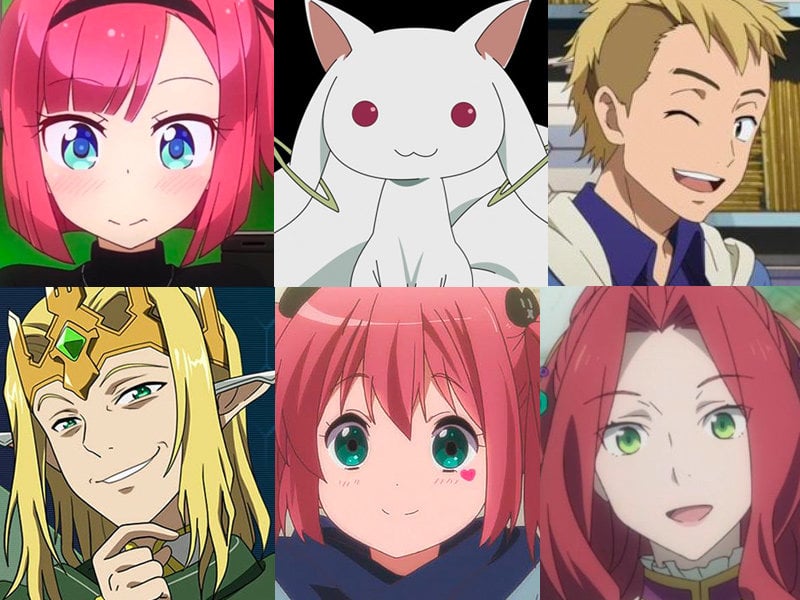I continue to enjoy Domestic na Kanojo, a fun dramatic anime about a guy named Natsuo who’s in love with his teacher Hina, who then loses his virginity with a random girl he meets named Rui, only to find both Hina and Rui become his stepsisters when his father marries their mother. It’s a fun “guilty pleasure” show that a lot of fans seem to be enjoying this season. It even managed to give me a new fetish…
One of the themes of the series is 常識 joushiki, a word I translate as “social common sense,” which can be defined as the list of things that are or are not viewed as acceptable by Japanese society. For example, the adulterous relationship between Hina and a married man is treated as the biggest sin imaginable in the show. Similarly, but less so, society would not be okay with a boy having a sexual relationship with his sister, even if they weren’t related by blood. Then along comes a new character, Alex J. Matsukawa, a kikoku shijo or “girl-child returned from living overseas” (though the term is used for boys too), who by virtue of his foreign-ness is free to ignore Japanese social mores, doing things like riding his bicycle inside the school and insisting on using given names at first meeting, despite this being a very un-Japanese thing to do. Foreigners in anime have no common sense.
These kinds of foreign characters are always interesting because they provide comic relief for us as viewers, but also because they tell us a lot about the Japanese psyche. In popular culture, at least, foreigners are widely envied: good at speaking foreign languages, free to ignore most of the restrictive rules of society, and able to express any emotion publically without repercussions. It’s not unlike the expectation in the U.S. that all Asians are good at math just by being Asian, which is quite ridiculous, but something that a lot of people do.
It’s interesting to note that there are four different kinds of “foreigners” that could be used in this trope:
- True foreigners who were born abroad and come to Japan. Naturally, visitors and tourists are given plenty of leeway if they make social errors, though a permanent resident like me would be expected to pay more attention to such things. The best example of a foreigner in anime might be Alice from Kin’moza.
- Nikkei, or those of Japanese descent, who may identify more closely with Japan due to their blood connection. I’d actually categorize this new character Alex as a nikkei America-jin or American of Japanese descent since there’s no indication he was raised in Japan.
- A true kikoku shijo is a Japanese born and raised in Japan but who lived abroad for several years, so they have a strong emotional connection to overseas friends and language, and might be somewhat KY (kuuki wo yomenai), or oblivious about social relationships inside Japan. The most realistic depiction of this type of character is Ohno from Genshiken. Another famous one is Makisu Kurisu, who lived abroad so long she forgot how to use chopsticks, and apparently how to wear her jacket properly.
- The word haafu describes Japanese who are of mixed blood, who generally contains less of the pure Japanese “common sense.” Amusingly, my daughter did the exact thing as Alex, riding her bicycle in violation of school rules, not inside the school, but on school grounds, which wasn’t permitted below the third grade. In one fell swoop, she became famous in her elementary school as “the American girl who got away with riding her bicycle anywhere she pleased.” So apparently my daughter is an anime character…
So, which foreigners in anime do you like the best? Tell us on Twitter!
If you’re looking for fun products for your ultimate otaku room, we’ve got lots of items to show you, like these new sexy tapestries that you can pre-order now!

















